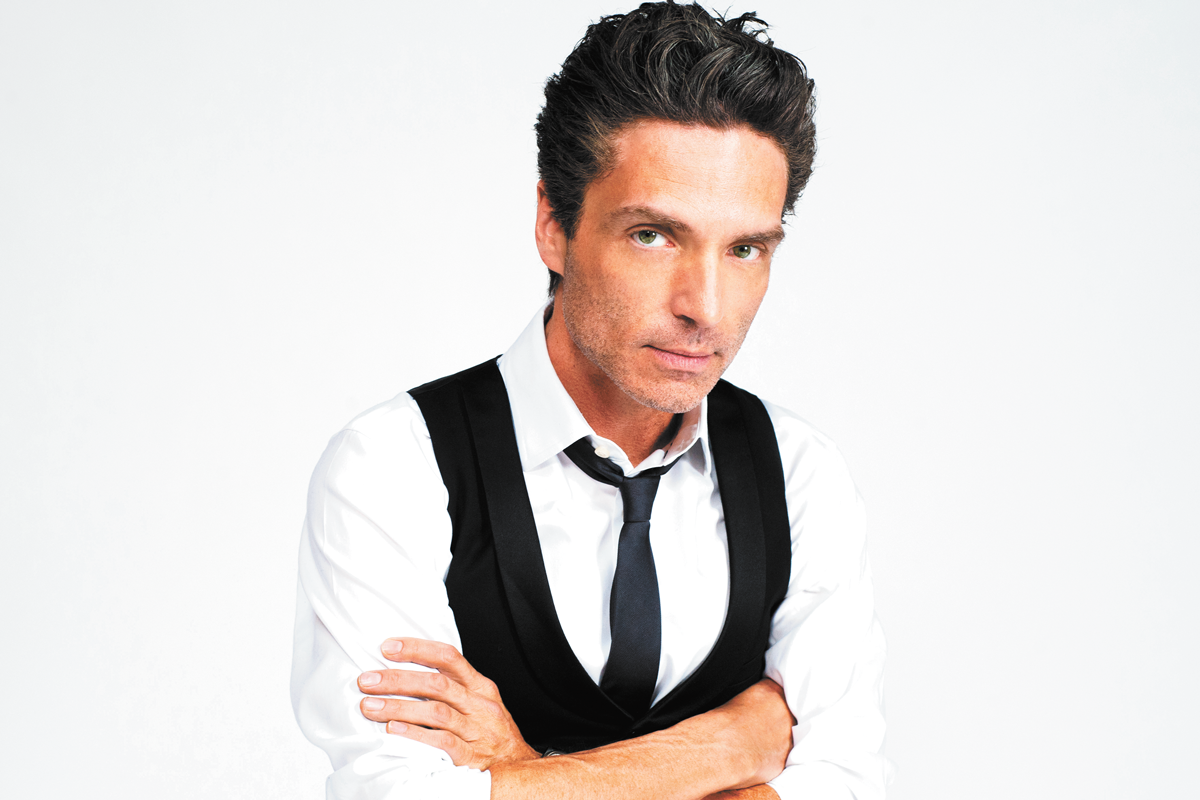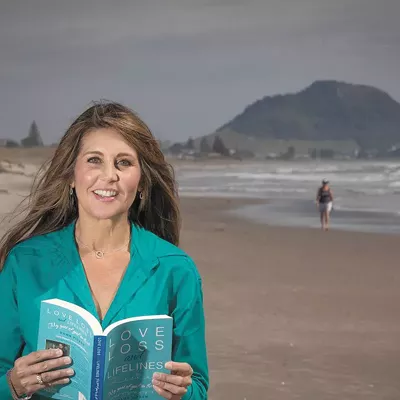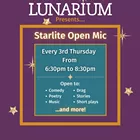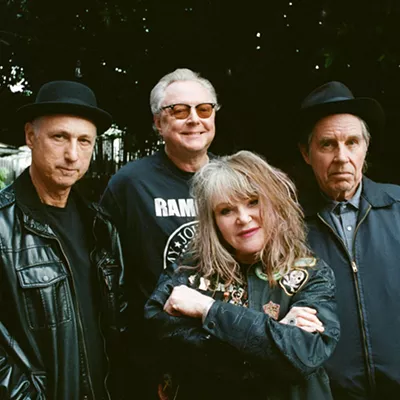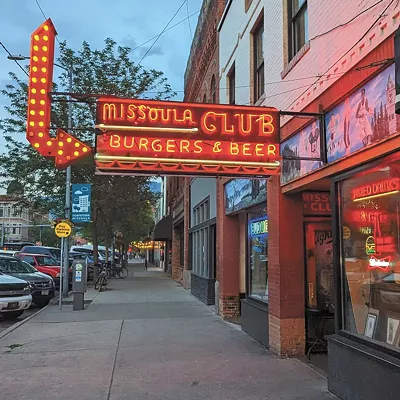Richard Marx's debut single "Don't Mean Nothing" took radio by storm in 1987, its cynical look at showbiz pushed to popularity with the help of three Eagles on the track backing up the 23-year-old singer/songwriter and a cinematic black-and-white video that hit heavy rotation on MTV.
That song sparked a remarkable run for Marx, when he became the first male artist to land his first four singles from a debut album in the top three of the pop charts. His follow-up album, Repeat Offender, went multi-platinum and made him the first male artist to have his first seven singles hit the Top 5, songs including "Endless Summer Nights," "Right Here Waiting" and "Should've Known Better." By the mid-90s, though, Marx's pop stardom waned, and he shifted gears to write songs for other artists, scoring hits and Grammys for songs written with or for Luther Vandross, N Sync and Keith Urban, among others.
In his new memoir, Stories To Tell, Marx doesn't reveal an unexpected seedy side or dish dirt on his fellow celebrities. Nor does he get political and roast racists like he does on his joyfully profane Twitter feed. Rather, he recounts a remarkable story of a Chicago teenager whose demo tape landed in Lionel Richie's hands, and a phone call encouraging Marx to move to Los Angeles and try to make it in the music business. Marx took Richie's advice, and Stories To Tell recounts how that decision led to working with the likes of Madonna, Barbra Streisand, Kenny Rogers and gun-toting Chinese gangsters who once chased Marx to a Taiwan airport after a show.
The 57-year-old Marx, who last played Spokane just a few months pre-pandemic, called the Inlander to discuss Stories To Tell; this interview has been edited for length and clarity.
INLANDER: Is there a difference in the nerves you feel putting out your first book versus putting out an album?
RICHARD MARX: It's very different in that when I put out a new album. I definitely have excitement, nerves, what have you. But no matter how many times I put out an album, I'm always thinking somewhere in the back of my mind, I'm going to put out another album in a year, two years maybe. I'm not going to put out another memoir, I can't imagine, so to me there's a little bit of weight to this that wouldn't exist with a music release. It's exciting and terrifying at the same time.
Was writing a book something in the works for a while, or were you nudged into writing?
The troubadour show I do, which is just me and the audience, I talk a lot. I tell stories between songs because that's really what the show is about. And I would gauge each night's show's success in my mind not based on the applause for the songs, but "Did I nail the punchline? Did I get the laugh I'm used to getting at that moment?" And I realized each of those stories was its own chapter of a book.
So I started writing them down and trying to write them in a way that sounds like I'm just telling you the story over a drink. But it never, in my mind, was a memoir. I've always been so private, people don't really know about my life. They know my songs. It was really when [publisher] Simon & Schuster got involved and urged me to just write a little bit more about my life and my journey, in addition to writing the backstories to these records I've made and the people I've worked with. But still, if you read the book, it's much more career-centric than personal.
Was it uncomfortable to get into the personal things, talking about your family or the loss of your dad?
The bit about my dad was something I felt like I had to write about, namely because it was such a monumental event in my life, and really the only true tragedy that I've suffered thus far in my life. And I also wanted to write it in a way that was meaningful to people who would read it, who might need to read something like that and feel like they're not alone. It was tough, but as I was writing stuff that was more personal, even the end of my marriage or my relationship with Daisy [Fuentes, former MTV host and Marx's second wife], what I ended up writing was what I felt was not a violation of the integrity of my privacy. I wrote exactly what felt right for me and comfortable for me to write.
Do you read many musician memoirs or biographies?
I'm a reader in general, but over the last 10 years I have gravitated toward memoirs and biographies. My favorite book of the last 10 years, meaning the most enjoyable read, was not a memoir, but the two-volume biography of Frank Sinatra. The first volume is called The Voice and the second is called The Chairman, by James Kaplan. It's an exhaustively researched account of Sinatra's life, and I couldn't put it down. I remember reading it; I was on tour. And I have the best job in the world. When I'm on stage, I'm a thousand percent invested. But when I was reading that book, there'd be times I was playing "Right Here Waiting" on the piano and thinking, "Man I can't wait to get back to the hotel and read that book." I was obsessed.
One of the things that struck me was, even as you had all this success right away, you were remarkably self-aware about there being almost an expiration date for how hot someone can stay in the music business. Where did that self-awareness come from?
I was observant of careers and the length of careers. And there might have been a little bit of cynicism, even at that young age. There are so few exceptions to the rule, but most careers, even if you have a really big career, it's usually five to 10 years in terms of being on the charts, and having hits. Music is cyclical, and it moves on to the next generation, and the next decade is different, it should always change.
I remember watching careers cool off, and in some cases, they just disappeared. And in other cases, they just morphed into kind of what I do. I still put out records, but I don't ever have any grand delusions of having hit songs. That was my turn for 10 years straight, and then it was somebody else's turn. It helps to have a healthy attitude about it. And in my case, at the end of that 10-year stretch I immediately went into continuing to have hits, just not with me singing them. I focused on writing songs for other people and had this whole other 20 years of success that way.
You also seemed to have this confidence when you were a new teenager arriving in Los Angeles, believing you could write for an established star like Kenny Rogers ("Crazy"), or perform with someone like Lionel Richie. Was that confidence innate, did you know you had some chops?
I did know that I had some chops. I don't think it was bravado, I don't think I was cocky in that way. I was just confident that I wrote good melodies and that I could prove that I could construct a song. But it wasn't until somebody like Kenny Rogers went, "Yeah, I'm gonna do this song" and then it became a hit, that validation changes everything. If your confidence is made of paper, all of a sudden it's made of steel.
I tend to think of bands and musicians in terms of what "scene" they came from, but with solo singer/songwriters like yourself, you seem like lone wolves to me, out there by yourself. Is there a sense of community among singer/songwriters?
It depends on the singer/songwriter. There are a lot of people who have had great careers as collaborators. J.D. Souther, for example, he certainly had a remarkable career as a songwriter, and he was somebody I always really admired, but his biggest successes were all songs he wrote with other people. And there is no song that Elton John wrote alone. And then there are people like me who, the bulk of what I've written, I wrote by myself. I also have collaborated with a lot of people, but the biggest songs, the biggest hits, the majority of them I wrote by myself. So there is the sense of the lone wolf in that. Collaborating and cooperating with someone is always a crapshoot in that. It could be that you're going to get something even better than you would have by yourself, but then there's also the possibility that you're going to dilute what you could have created on your own.
You put out a new album right before the pandemic hit (Limitless), and then the whole world went into this insane period. Eighteen months later, has your attitude toward work changed?
Yes, for the first time in my life, I wasn't really writing. Part of it was working on the book, which is a totally different muscle. I had just put out an album, so I'd done a lot of writing a year before for that, so I felt like I could take a little breather from writing. But to be honest with you, the year was just sort of being quiet and still and just kind of hiding out with Daisy. I was not compelled to write at all.
I think I wrote one song in the last year and change. And I was beating myself up for it. I was like, "What am I if I'm not a songwriter? Why don't I want to get in there and finish a song?" Well, that's because that's just what it was for that year. And now that I'm going to start going back to doing shows, I'm sure the other thing will just kick in. ♦
Richard Marx's Stories To Tell is available in bookstores now.

